In partnership with parents
-

Understanding children's emotions
There is no such thing as a bad kid – just angry, hurt, tired, scared, confused, impulsive ones expressing their feelings and needs the only way they know how.
Find out how to help children learn to read their feelings and how you can understand, support and manage emotional outbursts in young children.
-

Ready for potty training?
Thinking about ditching the nappies? It’s a massive step for such small feet and there’s no magic age or specific sign that tells you when your child is ready. They all progress in different ways at different times.
Read our top tips for successful potty training before your little one reaches for their big boy or girl pants.
-

Biting behaviour in young children
Whether we like it or not, biting is very common in young children. But this fact doesn’t make the situation easier and it can be very upsetting for the children and families of both the child has been bitten and the biter, as well as the staff involved.
It is important that we understand why biting happens and what to do when it does.
-

When to wean?
Weaning is a big moment for both parents and baby. Their first solid food is often as memorable as their first word, first steps or first haircut, but it can be worrying for parents.
We’ve been supporting parents through the weaning process since 2014 and have expert advice and helpful tips.
-

Encouraging early communication
Communication is a skill that we start perfecting from birth as we watch the adults around us and first start making noises.
A responsive adult is crucial in supporting young children’s communication.
We explore the how, what and when.
-

The Importance of Outdoor Play
Spending quality time in nature is associated with good health and well-being, which for us as a nursery helps us to meet our vision that our children becoming happy, resilient, respectful and fulfilled adult.
But the benefits of outdoor play are not limited to health and well-being. Find out why…
-

Promoting good health
It is really important to take the advantage of the young body’s natural need to move, and to introduce various activities that allow your children to change posture and play, to enjoy and benefit from physical activity every day.
Creating positive behaviour patterns from an early age will help your children to prepare for future life challenges and allow them to stay healthy.
-

Helping children cope with change
There are multiple changes that a young child is likely to face, all of which can impact on their emotional wellbeing.
So, what can we do, as Early Years Educators and parents, to make these changes as manageable as possible for our children?
-

How play prepares children for school
School can pose a number of emotional challenges and frustrations and children need to have the skills to manage these in a calm and rational way.
At KatieB we think there’s more to it than if they can write their name, know their colours and count to 20.
Find what they are and how we prepare children for them to be happy and successful at school.
-

Managing risk to promote safe play
It is important to provide opportunities for children to experience age-appropriate risk so they can rise to the challenge and gain competence. Find out more about how we empower children to experience safe opportunities with a proactive approach to assessing risk.
-

How to get a better night's sleep
Quality sleep helps us to concentrate, gives us energy, improves our mood, and supports healthy development. Read our top tips for achieving a good quality night’s sleep. From regular sleep routines, and the right conditions and environment for sleep – also known as ‘sleep hygiene’ to safe sleep guidance and the NHS recommended sleep amounts for children.
-

Promoting inclusive practice
All children develop and grow in their own way, but there are common developmental ‘milestones’ such as crawling, walking, and talking that generally occur at particular ages. Some children may take longer to reach these milestones, and some may need help getting there.
